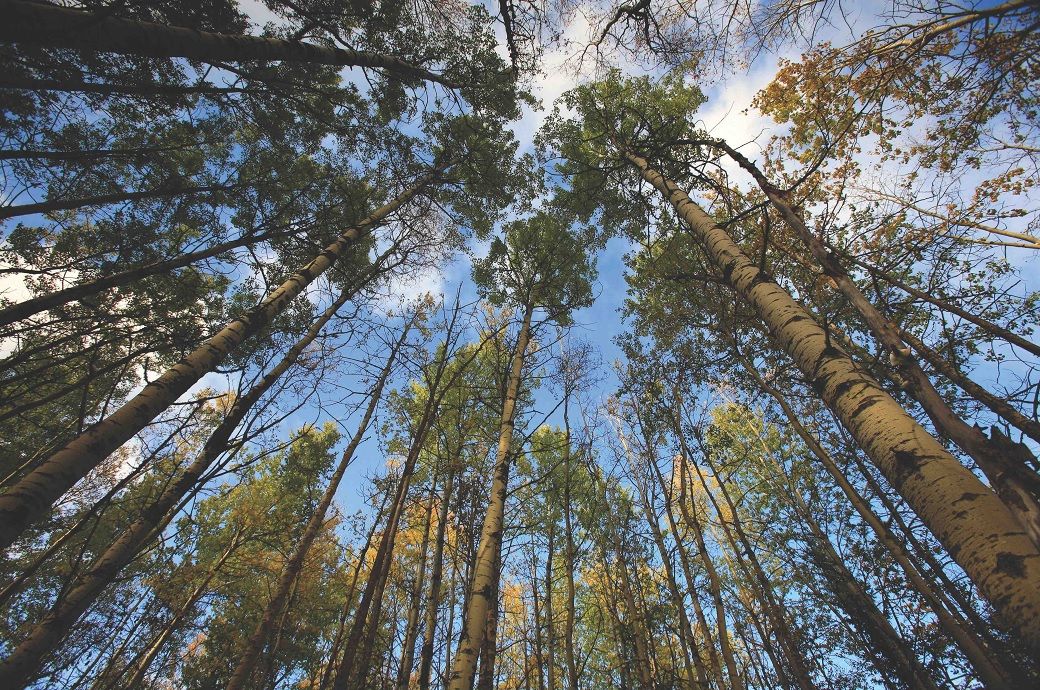
Yibin Grace has successfully reached 50 per cent in the testing line and has the ambition to reach 50 per cent blend for the market by end of 2023. This new product is the highest recycled content viscose staple fibre that Yibin Grace has produced to date. The partnership with Renewcell will help Yibin Grace in its ongoing endeavours to meet its CanopyStyle commitments as well as lower the environmental impact of viscose production while working to meet China’s ambitious climate targets, the company said in a press release.
“We are so pleased to deepen our collaboration with Renewcell, and to be creating a versatile staple fibre with high recycled content that will help safeguard Ancient and Endangered Forests,” said Deng Min, chairman of Yibin Grace. “Yibin Grace is committed to working with Canopy and innovators like Renewcell to ensure our product is as climate-friendly as possible.”
A long-standing producer committed to the CanopyStyle initiative, Yibin Grace will continue to work to reduce its carbon footprint and accelerate progress toward their ambitious goal of making fashion a closed loop. Yibin Grace is a green shirt producer in Canopy’s 2022 Hot Button Report.
“Yibin Grace is setting a new benchmark for the commercial production of low-carbon MMCF textiles with their close-to-market product made with a minimum 50 per cent Next Gen content and has proven itself to be a rising star in the production of low-carbon textiles,” said Nicole Rycroft, executive director of Canopy. “We admire their leadership in the transition to circular manufacturing and their continued ambition to produce quality products that are less reliant on high-carbon, virgin forest inputs.”
Yibin Grace has already collaborated with trading company Ekman and Renewcell to adopt Next Generation MMCF solutions through the production of recycled cellulose filament yarn made with 30 per cent Circulose recycled pulp produced by Renewcell and blended with 70 per cent FSC-certified fibre in 2022. Now, the company is expanding its recycled MMCF line (Re-Gracell), by testing its new viscose staple fibre with 50 per cent Circulose and announcing plans to increase the percentage of recycled content in its filament yarn offering to 50 per cent. Circulose pulp releases five tonnes less carbon per tonne of fibre produced and requires 90 per cent less water to produce as compared to conventional fibres, the release added.
“We believe that the increases in uptake of Circulose pulp to create viscose products will alleviate pressure on vital forests and our climate, and solve the world’s textile waste problem in the process,” said Patrik Lundstrom, CEO of Renewcell. “We welcome Yibin Grace’s investment in creating more circular viscose, and we look forward to our continued collaboration.”
Over 300 million trees are cut down every year for fashion fabrics like rayon/viscose, many from the most climate- and biodiversity-critical forests on the planet. Instead of cutting down trees to make T-shirts, dresses, and yoga pants, Next Generation Solutions utilise low-carbon alternative inputs that would otherwise go to waste — from discarded textiles to wheat straw, to food scraps. Compared to conventional wood fibre, Next Gen Solutions have roughly five times less impact on biodiversity, 95-130 per cent less greenhouse gas emissions, 88-100 per cent less land use, and four tonnes less CO2/tonne of product.
Fibre2Fashion News Desk (KD)